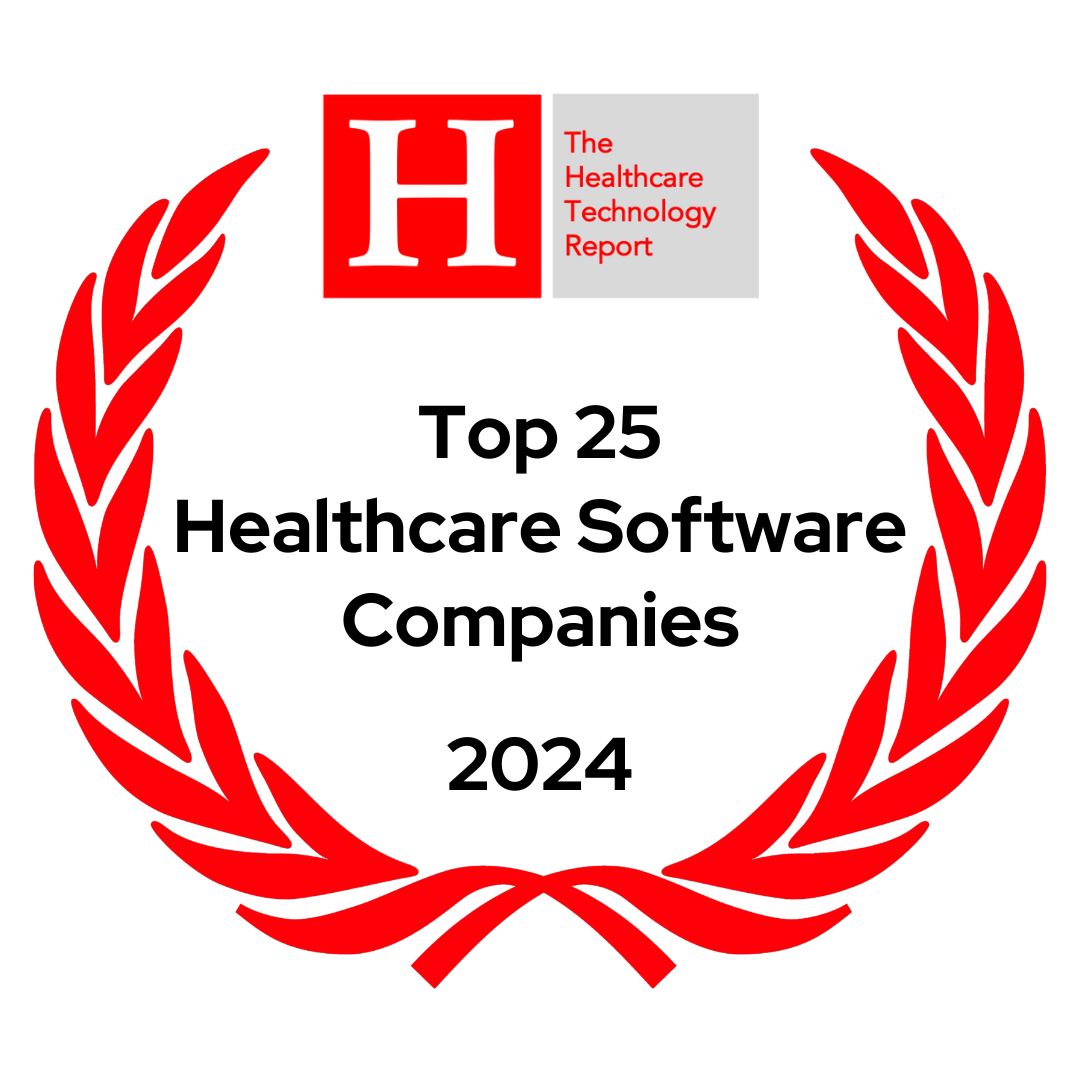Lumeris-sponsored survey validates importance of physician engagement in move to value.
Lumeris, the industry leader in delivering value-based healthcare solutions, sponsored a survey by The Health Management Academy (The Academy) on the state of value-based care among large health systems in the United States. Twenty-two C-level executives took part in the survey, and 73 percent of them indicated that the transition to risk-based care delivery models is a high/very high priority for their organizations.
As health systems migrate toward models that reward financial and clinical outcomes, they must weigh the ramifications of a variety of external pressures. Recent announcements surrounding insurance mergers and acquisitions, health system entry into pharmaceuticals, and advanced payment models from CMS all add to the internal challenges health systems face in their transition. Survey participants identified several value-based program challenges, including: aligning physician incentives; maintaining uniformity of care across the health system; addressing payer functions; and satisfying data analysis needs.
“We are seeing the transition to risk-based care delivery models accelerating across the country,” said Lumeris chairman and CEO Mike Long. “The survey results confirm the need for health systems to implement a whole new suite of core capabilities essential to delivering value-based care. This is a major challenge for them and reinforces the need they have for operating partners to help them develop, scale, and optimize these new capabilities while sharing the risk in order to be successful. At the core of this transformation is supporting physicians with the right leadership, incentives, skills, information and resources to become proficient with value-based care.”
Other key takeaways and highlights from the survey include:
- Health systems’ value-based contracts and programs are in varying stages of development and implementation, yet most share similar challenges and opportunities to define and improve their programs. For example, most struggle to create a network of engaged and aligned physicians who focus not only on the patient in front of them but also on the health of the complete patient population. Misaligned incentives, insufficient population health data and the dominance of fee-for-service payment models have slowed changes in physician behavior. As one chief strategy officer noted, “[We] want to beat the [performance] trend consistently year over year. The reason we haven’t and the reason we may not is that every incentive underneath the trend-based deals we have is fee-for-service.” A proven engagement model must provide aligned incentives, effective governance, robust training on value-based care, advanced tools to improve decision-making, and clinical programs that optimize care delivery.
- Providers lack the expertise, resources, and tools required to track care quality and efficiency of their patient panels, practice and population. According to one chief financial officer, “We have not been able to have the actionable data we need to change the outcomes real-time. Even if we had all the data real-time, I don’t have full confidence we have the right processes in place throughout the programs to take the right actions. [We] have pieces of that but not the full comprehensive plan.”
- Many health systems prefer to build value-based programs and capabilities in-house, while others are increasingly seeking partners that are aligned to values and outcomes. Organizations that have partnered with vendors commonly look to collaborate around information technology and data analytics and report that trust, common values, and cultural fit are top priorities when seeking a partner. “[They’ve] got to have values alignment and we can trust them,” said one CFO. “[We] look for someone where our interests are clearly defined—rising and falling together.”
This survey of 57 leading health systems regarding the performance of value-based contracts was conducted by The Health Management Academy and sponsored by Lumeris. The 22 responding C-suite executives represent health systems with an average net patient revenue of $5.6 billion that own or operate 446 hospitals with over 94,000 beds.
About Lumeris
Lumeris serves as a long-term operating partner for organizations that are committed to the transition from volume- to value-based care and delivering extraordinary clinical and financial outcomes. We guide health systems and providers through transitions from volume to value, enabling them to deliver improved and more affordable care across populations—with better outcomes. And, we work collaboratively with payers to align contracts and engage physicians in programs that drive high-quality, cost-effective care with satisfied consumers—and engaged physicians.
An industry recognized leader, Lumeris was awarded 2017 Best in KLAS for Value-Based Care Managed Services for helping clients deliver improved clinical and financial outcomes. This was the second year we received this distinguished award. For the past seven years, Essence Healthcare, Lumeris’ premier client with more than 63,000 members in Missouri and Illinois, has received 4.5 to 5 Stars from the Centers for Medicare and Medicaid Services. We enjoy working with all of our clients, delivering these same results and aligning our proven multi-payer, multi-population model with their value-based care vision. For more information, go to www.lumeris.com.
About The Health Management Academy
The Health Management Academy (The Academy) is a membership organization exclusively for executives from the country’s Top-100 Health Systems and most innovative healthcare companies. The Academy’s learning model identifies top priorities of health system leaders; develops rich content based on those priorities; and addresses them by convening members to exchange ideas, best practices, and information. The Academy is the definitive trusted source for peer-to-peer learning in healthcare delivery with a material record of research and policy analysis. Offerings include C-suite executive peer forums, issues-based collaboratives, leadership development programs, research, advisory, and digital resources. The Academy is an accredited CE provider. More information is available at www.academynet.com.
Contacts
Media
Amendola Communications
Lisa Chernikoff, 734-678-5513
Amendola Communications
lchernikoff@acmarketingpr.com

